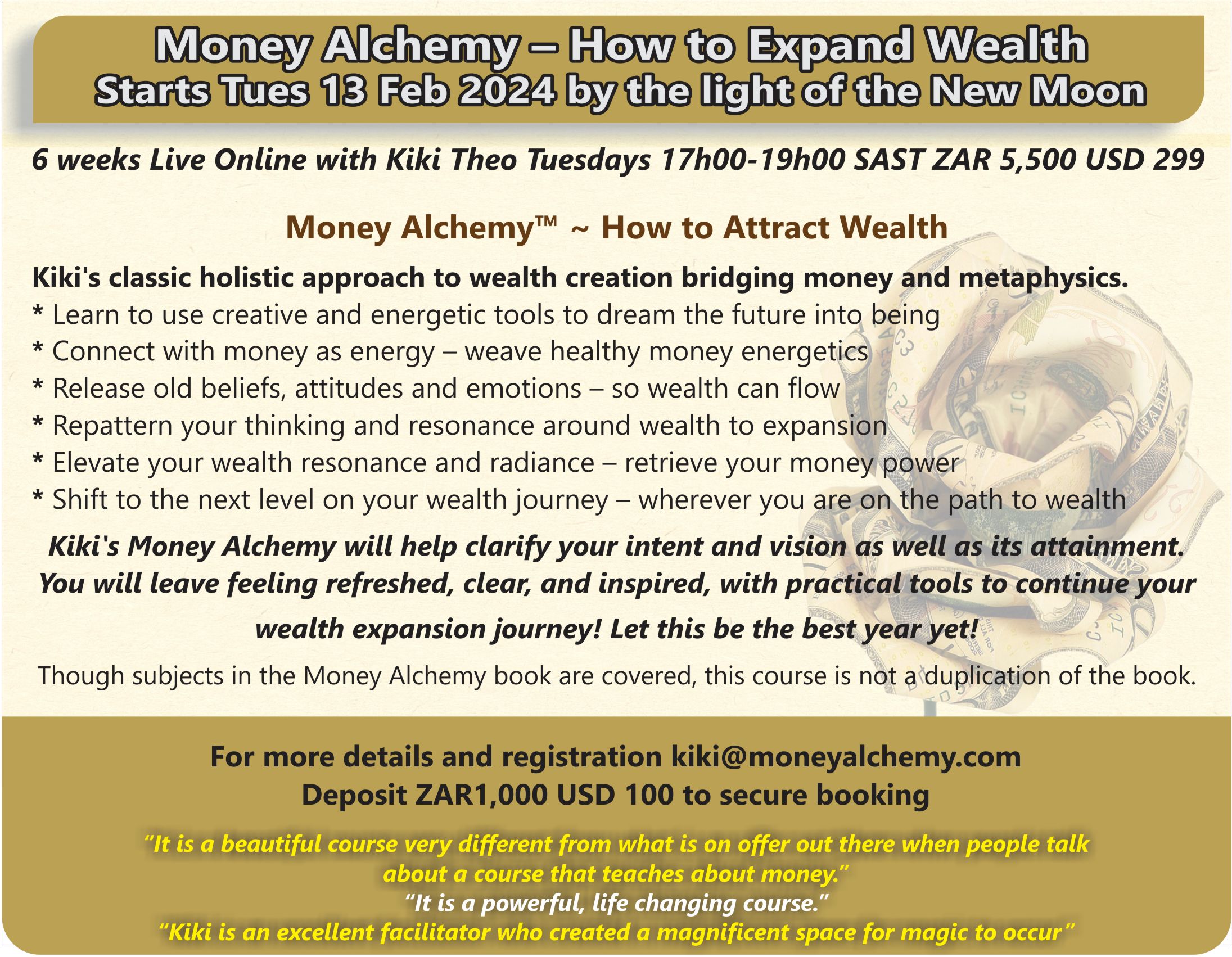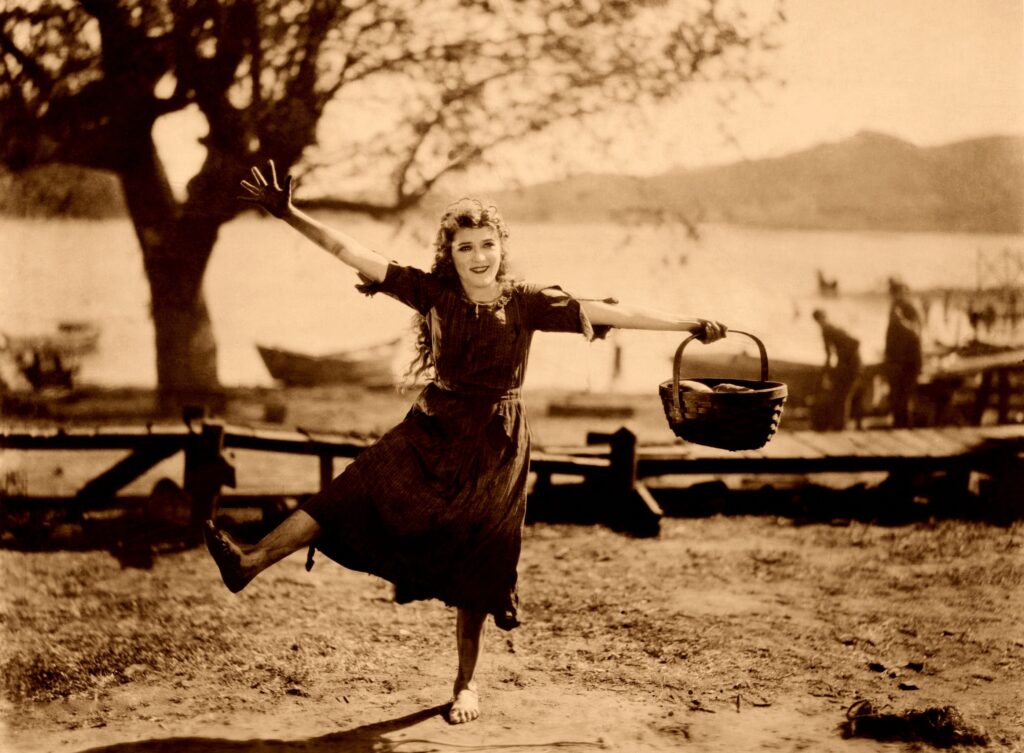In this world so focused on continuous upgrade, never ending improvement and self- improvement, how often do you stop and think, I am doing well. I am okay. I am doing alright. Not as a one second half-pat on the back, but as a path and a way of life. We are so often told that loving kindness and compassion is the key. And we immediately take this to be something we extend to others. That is of course, good and admirable and a wonderful aspiration to work towards, but how much time do we spend being kind and loving to ourselves? How often do we congratulate ourselves for our choices and decisions and for doing well? When do we consider things to be fine?
To embrace the rightness of everything, the okayness of everything, and particularly the acceptance of self, is to surrender to the mystery. What this means is that we allow ourselves to dance and be danced, to flow with what is happening in acceptance, in celebration, but also in kindness. A kindness towards self that says, ‘You have not danced so badly, my beautiful sweetheart’.
These words are a paraphrased quote from Hafiz’s poem, ‘My sweet, crushed angel’. They were spoken to me by my dear friend Billy from the Temenos retreat centre, where I went for a week’s solo vision retreat. We were discussing the Great Mystery, the contemplative life, how the Spirit’s urge is to be drawn to the Divine, the source from which it came, like a moth to a flame. We discussed a bit about my life. Then he spoke these words, which I offer to you and which touched me deeply.
‘You have not danced so badly, my beautiful sweetheart’, he said. And it created a space in my heart and mind and in my view of myself and of my life. Perhaps it was the care and love with which the words were spoken. They seemed to open my heart. They certainly opened a door. Shifted my perception. Yes, I thought! It’s true! And in echoing the words back to myself, a kindness and tenderness towards myself emerged. As if I, as a spiritual being beyond time and space, I, as an elder, were suddenly looking in on my earthly existence, talking to and seeing the childlike, human me and all her faults and foibles and trials and tribulations, with compassion, lightness and a certain joy.
It was a moving moment that developed into a sense of rightness. A feeling that everything is and will be okay. It’s alright. I have done well. I have made good decisions. I have not danced so badly. And I think it’s the ‘not so badly’ which makes it all click, because it gets away from the need for perfection. It says it’s ok to do a ‘good enough’ dance.
It accepts a margin of error, a humanity, and in so doing, plants the seed of forgiveness.
For when it comes to forgiveness, though we may be able to forgive others for many things, though we may even over time forget their wrongdoings, their harsh words or deeds, the shrinking of our light, do we ever truly forgive ourselves?
Consider the things you wish you had done or had not done, or had done better. Consider the things you hold yourself responsible for – often when they were never your responsibility. The decisions you wish you could go back and change, or the outcomes that would have been, could have been if you had made different choices. Much like that movie Sliding Doors, which shows how a few moments of catching versus missing a train can result in totally different outcomes in a life, we cannot help but wonder. What if I had moved my child to another school as I wanted to? What if we had gone on that drive through New Zealand? What if I had held onto that property? What if I had not sold that vintage car? (Now worth 6 million – true story!) What if I had gone off to teach and write and practice sound healing instead of first earning money for a decade and a half? What if I had gone into that e-learning business? What if I had made better investment decisions?
On and on we wonder, sometimes idly, sometimes more enthusiastically, and sometimes with great condemnation and angst. In so doing, we give ourselves a loss and get stuck in the past. We embrace the energy of not getting it right, and then this creates a fear of continuing on this track in the future. So we become frozen. This is especially true in the arena of wealth. (Indeed, I have not forgotten this is a money column.)
In working with clients in the world of money for over a decade managing physical funds and another decade and a half managing wealth consciousness, I have found that people really struggle to get over a loss or perceived loss in their finances. It may be someone who let them down, a trade gone wrong, an opportunity missed, or a company liquidation. The moment becomes fixed in time, and time stops there for many people. They never get over that loss. Often, they never try again.
For years, sometimes decades, the mind’s focus is drawn back to that moment, and more specifically to the time before the loss, the time when all was well, when cash was rolling in, millions were earned and money was flush. A strange loop then seems to emerge, with a fear of moving forward on two accounts. Firstly, the mind likes living in that beautiful past, likes reliving those good times and those affluent times. Secondly, there is a fear to move forward from the good times, the financial abundant times, to the loss itself – both the historic loss moment and also what is now being perceived as an inevitable outcome in the present, should great wealth be accumulated once again. Both possibilities bring up fear and anxiety. So the unconscious ‘logic’ becomes ‘if I make a lot of money, I will lose it/be betrayed/go out of business’. Better to stay where I am and maintain the status quo. Besides, the mind quickly adds, it’s quite nice here in 1992; look at this house you own; look at the fancy cars; you’re rich mate! And so on some level the person is living this alternate, imaginary existence in which they are still extremely wealthy; therefore…. why would you need to go and get a job or improve your current finances? That’s how the convolution in the mind and the unconscious, which cannot differentiate time, or fact from fiction, figure out the situation. Hence the strange loop I mentioned earlier. The ‘logic’ goes further to judge and condemn, to make you wrong, responsible, incapable of good decisions. Therefore, make no decisions and maintain the status quo.
To become unstuck and move forward a number of things must happen. The first and most important is to come into the present. This is a panacea for so many of life’s problems – from anxiety and depression to a variety of recently diagnosed mental illnesses, to wealth expansion. Being in the present moment is something our current society dissuades us from at all costs. We live in an age focused on distraction. Yet to do anything, to change anything, to connect with our power and presence and purpose, we have to be in the present. We all know this, but doing it, requires daily, constant practice.
Cultivating being in the present is best accomplished through mind training – insight training, which teaches you to be aware of what is happening while it is happening. This is also an ongoing daily practice. Becoming aware of the mind’s wandering and consciously yet gently bringing it back to the present moment. It is good to remind yourself of the date and time and your location. Many times a day. As often as you need to. This is how I overcame massive anxiety I had suffered since childhood, as well as depression. Neither of these mental states is actually to be found in the present moment. Mind training and insight training is highly underrated and underpracticed. Meditation can form the foundation of this practice, but it has to be meditation where you sit and allow what arises to arise, in silence and presence. Not the app meditation of being guided by words, sounds, affirmations and the like into another form of mental distraction. See Rob Nairn’s Tranquil Mind book and article in this issue.
The next thing to do to become unstuck is to become aware of some of the underlying beliefs that your mind has created in order to protect you from pain and loss, and to bring these into consciousness. Then, consciously change these beliefs to ones that support wealth expansion. This is not a thinking or realisation exercise. It has to be done on a deep level, and preferably energetically. There is much instruction on how to do this physically and energetically in my Money Alchemy and Money Well books and Money Energetics audio. Plus the upcoming online course.
It is also quite useful to consider the convoluted logic the mind may have created in order to help you. And to consider that our whole system is geared towards transcendence and wholeness. The urge towards reconnecting with the Divine source (whatever our definition of this is) reigns supreme. So when we have a convoluted belief or fear, we should consider that our mind, our unconscious, our very fear is actually trying to help us – to be safe, to grow, to transcend. It arises from a good intention that became distorted somehow. It is really useful to believe this. Knowing that your whole system is trying to help, not harm you, creates a foundation of kindness and tolerance towards self.
There is much talk and belief around our apparent urge to sabotage ourselves and destroy ourselves. Jung’s archetypes get thrown about like confetti – shadow, saboteur, prostitute. Jung’s work is deep (ha!) and can’t be reduced to pithy definitions to explain away the complexity of life. We focus on discovering why we keep ourselves back and link this to the dark forces, evil, conspiracies and original sin. Yet how can this be so in a universe created by a loving God/dess in his/her image? How can this be possible if we all have the divine spark in our hearts? If we are all enlightened? Consider this, and it will give you a different, kinder lens to view your decisions and life path through. Believe that ‘all things work together for good’ and you will bring it to pass, no matter what decisions you have made.
Write up your portfolio of bad decisions, could-haves, should-haves and may-have-beens. Take your time and do it well, pouring out every ounce of regret, anxiety, and condemnation you can possibly draw out of your system. See it as a poison needing to be released. Then burn the portfolio by the light of the full moon while screaming out your frustration at the stars. Rip your clothes and burn them also in a total cleanse with a powerful intent to let go of the past. (You don’t need to go full dramatic Greek – go as far as you need to, safely.) Then release.breathe.rest.dance. Take a long hot bath and open up a new space for the future. Set some new intents and make some new decisions.
The best decision, and the final part of moving forward from negative financial and other experiences, is to forgive yourself and embrace a wider perspective of your life with kindness. It starts with the realisation that you did the best you could have possibly done with the information and consciousness and ability you had at the time. You did your best, with the best of intentions. You have chosen well. You have not made such bad choices.
You have not danced so badly, my beautiful sweetheart. Say that to yourself. They are words for all genders. And as you speak the words, while you dance naked under the stars, allow the kindness and positive regard of the moon to shine over you with appreciation and humour. Feel the earth’s embrace under your feet, holding you in her arms lightly, firmly and with love, and allow the trees to caress you with their melody as they too whisper, You have not danced so badly, my beautiful sweetheart.



